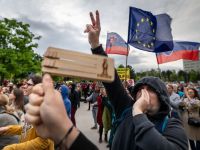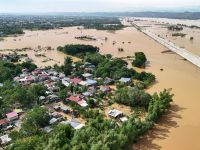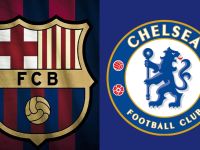Four people suspected of being connected to the car bomb which killed former militia leader Elie Hobeika and three of his bodyguards last week were released Monday.
But George Hanna, the original owner of the car, who allegedly sold it to two unidentified men suspected of perpetrating the crime, remained in custody pending investigation, judicial sources said.
Those released were: Antoine Ruhayem, a car dealer from Jezzine; Charbel Hanna, George Hanna’s cousin; and two others thought to have witnessed the final sale of the Mercedes used in the assassination. According to Daily Star, Hanna, who is from the southern town of Ain al-Mir, told investigators he sold the dark blue vehicle a month ago to two persons one of whom claimed to be from the Nasr family in Jezzine.
The judicial sources said investigators were focusing on why Hanna would sell the car to a buyer whose full identity he did not know. The sources maintained that the buyer failed to show any ID.
According to the sources, Hanna gave the buyer a photocopy of his identity card instead, proving he was the actual owner of the car. The assassination was well planned, since the booby-trapped car was placed in an area known for its intense security presence, the sources stressed. Hazmieh is known for tight security because of its proximity to the Presidential Palace and the Defense Ministry.
Tapes
Meanwhile, Belgian Senator Josy Dubie denied Monday that Hobeika handed him or Senator Vincent Van Quickenborne recorded tapes that could be used as evidence for the 1982 Sabra and Shatila massacres of Palestinian refugees. “He never handed us any recordings, he only allowed us to videotape a few seconds of our meeting with him,” Dubie told The Daily Star in a telephone interview from Brussels.
If some sort of recording did indeed exist, it could be used as evidence before the Belgian court in the trial against Israeli Prime Minister Ariel Sharon. Dubie and Van Quickenborne had met with Hobeika two days before his assassination on Thursday, where they maintained the Hobeika told them that he felt threatened but was prepared to testify before Belgian courts about the massacres. “We held a conversation with Mr. Hobeika, but nothing was recorded,” Dubie reaffirmed.
Van Quickenborne had recorded a few second of Hobeika on videotape, but there were no revelations on camera. (Albawaba.com)







